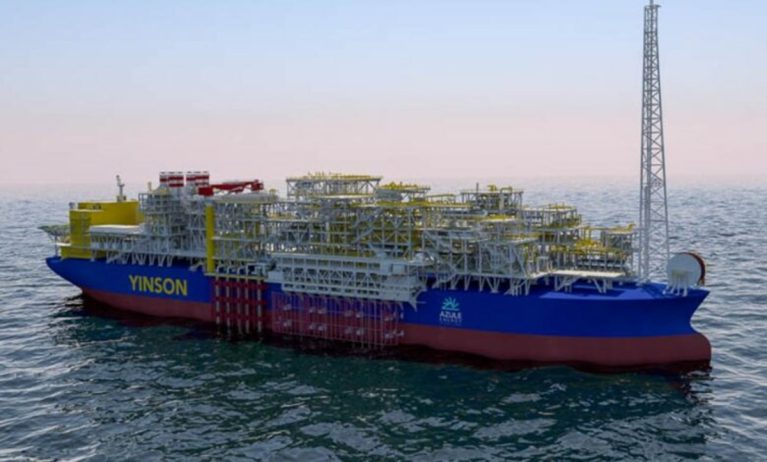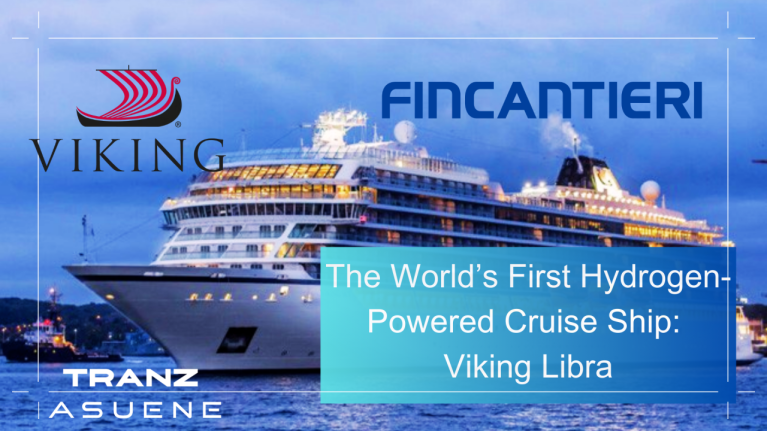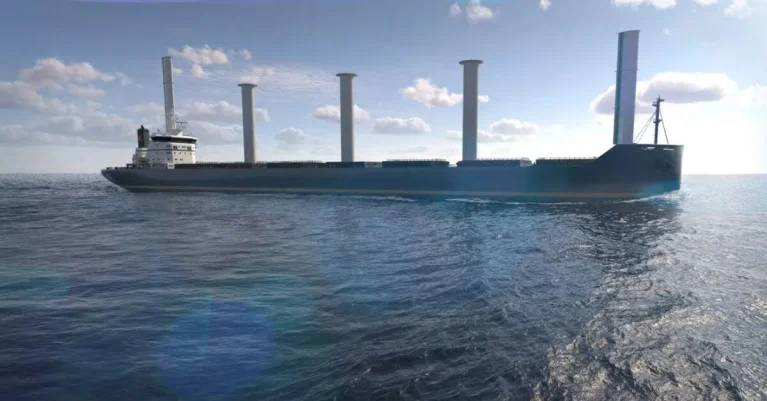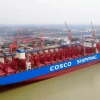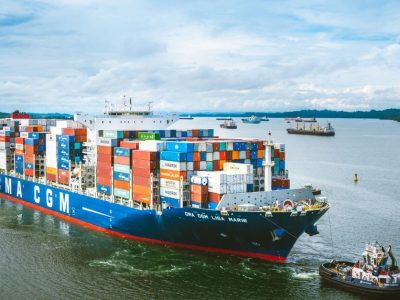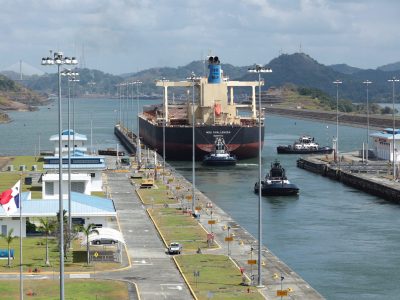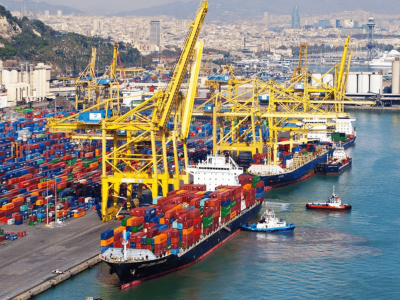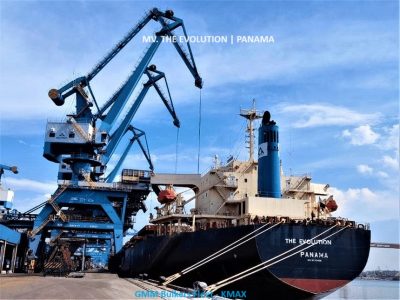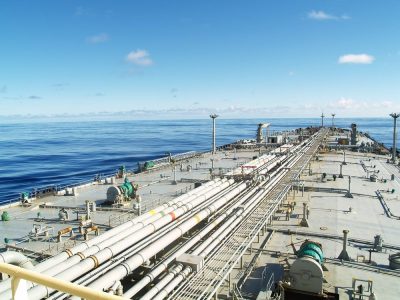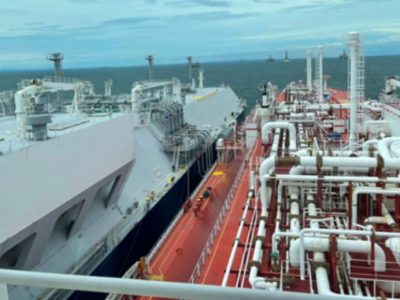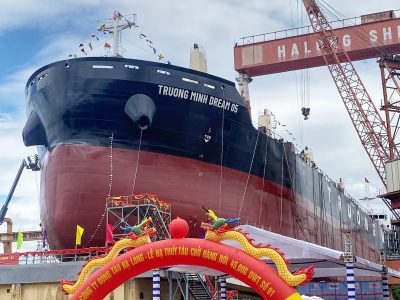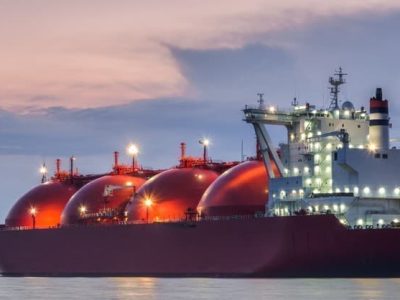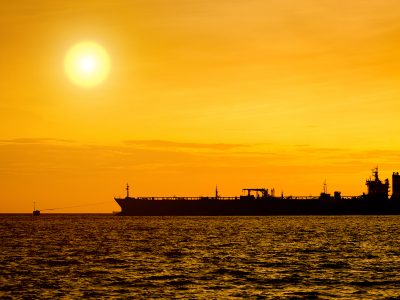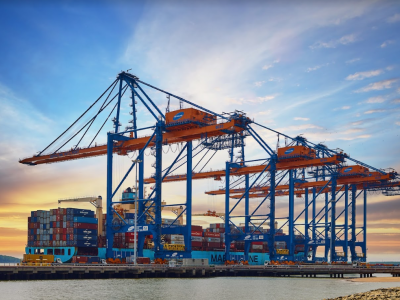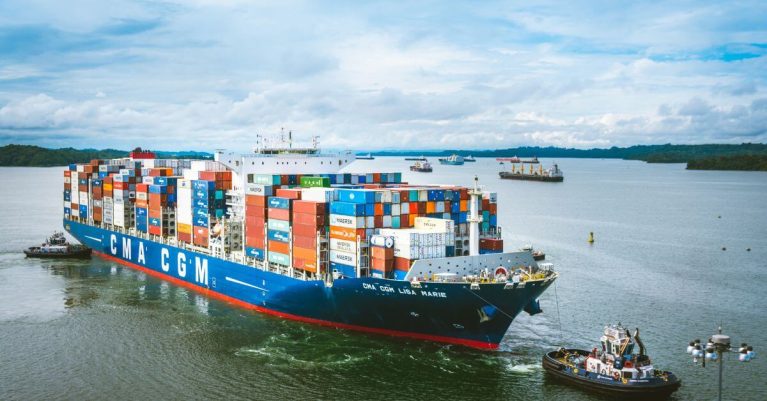By GMM Technologies | 2024-08-19 | Maritime Industry News |
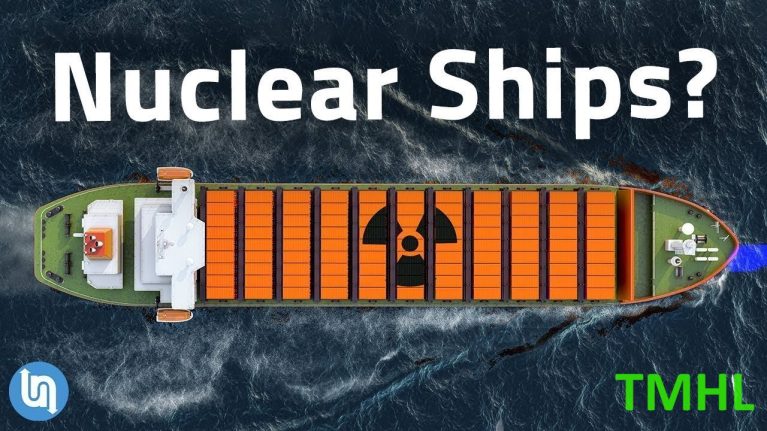
Llyod’s Register (LR) and UK-based Core Power have collaborated on a joint study to determine the regulatory feasibility and frameworks required for a next-generation nuclear-powered container ship operating in Europe.
The study, supported by the Danish shipping company A.P. Moller Maersk, aims to examine the possibility of installing fourth-generation nuclear reactors to power container ships and address regulatory and safety concerns.
The study will focus on determining the updated safety regulations required and improving the operational and regulatory understanding needed to integrate nuclear power in container shipping.
The maritime value chain stakeholders are expected to gain valuable insights, especially those interested in advancing their fleet strategies to achieve net zero greenhouse gas emissions.
Llyod’s Register CEO Nick Brown emphasized the study’s significance, describing it as the beginning of an important journey toward achieving nuclear power’s potential in the maritime industry.
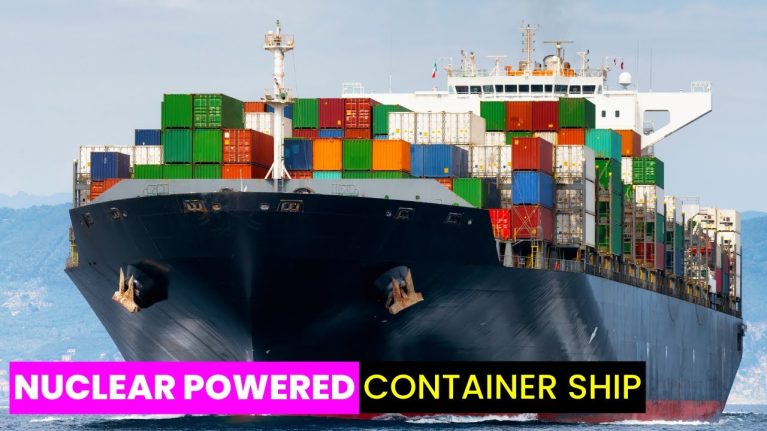
Brown stated that the study could lead to emission-free operations, more agile service networks, and increased supply chain efficiency while adhering to the IMO’s emission reduction targets.
The CEO of Core Power, Mikal Bøe, also emphasized the importance of nuclear power in reaching net-zero emissions and its potential to transform maritime applications.
Bøe highlighted the importance of establishing commercial insurability of floating nuclear power plants and ships operating in nearshore environments to utilize nuclear energy’s potential fully.
Maersk’s Head of Fleet Technology, Ole Graa Jakobsen, emphasized the company’s continued dedication to exploring low-emission energy sources since 2018.
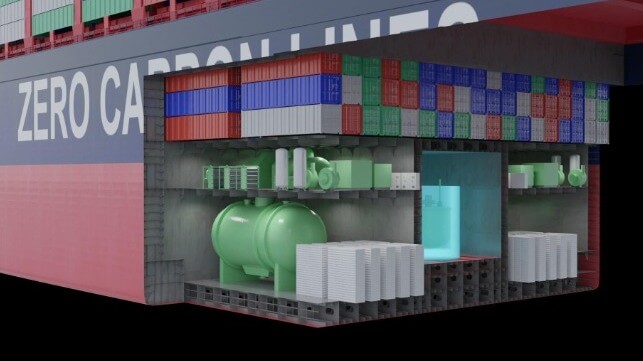
While nuclear power faces safety, waste management, and regulatory approval challenges, Jakobsen believes that advancements in fourth-generation reactor designs could make nuclear power a viable decarbonization solution for the logistics industry within the next 10 to 15 years.
The study highlights the growing interest in nuclear fuel for maritime applications, as recent polls indicate an increased focus on this technology. The study will help establish future regulatory frameworks and operational standards for nuclear-powered shipping.
Shipping accounts for around 90% of global trade and is responsible for nearly 3% of global carbon dioxide emissions, highlighting the industry’s need for greener fuel solutions.
Reference: LR

